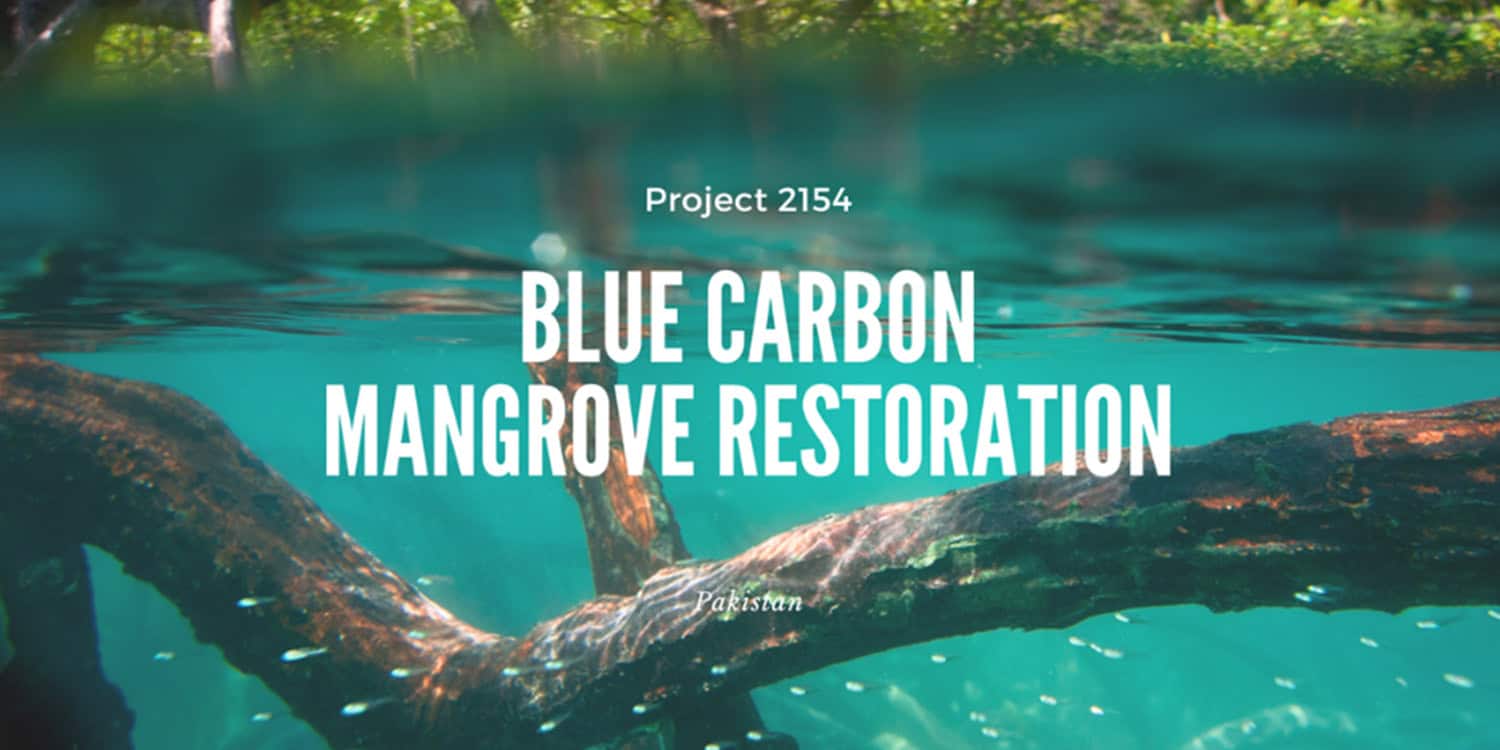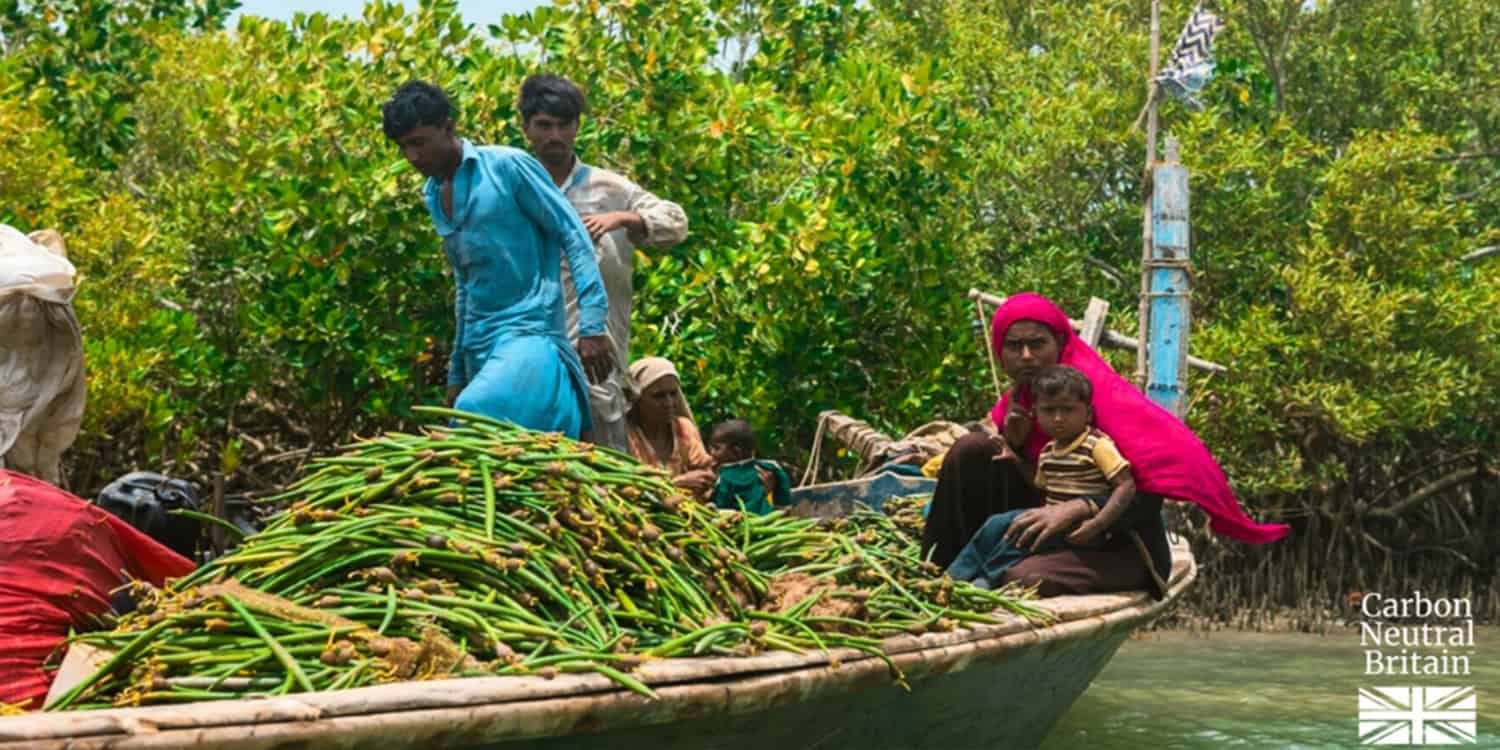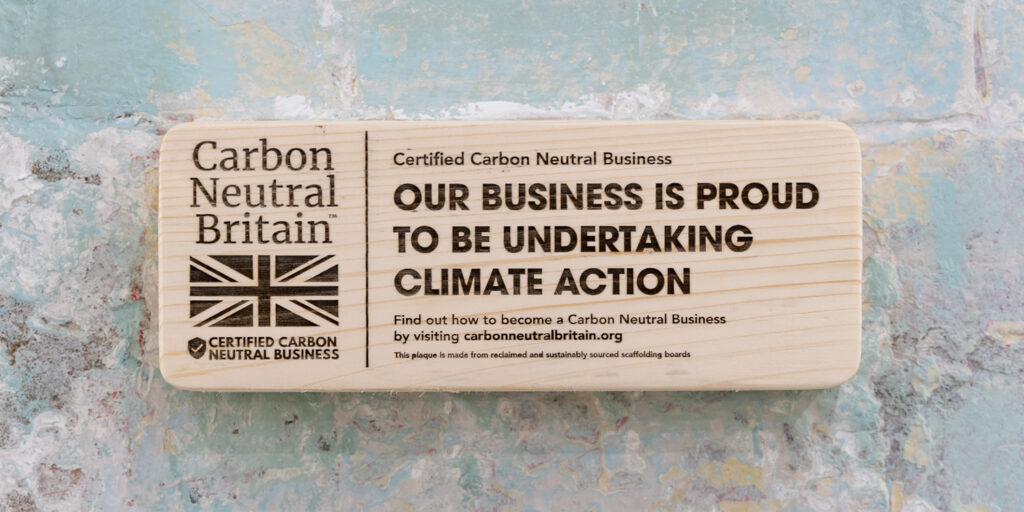1st Formations has retained its carbon neutral certification for the third year running. Here’s why we became carbon neutral, how we calculated our carbon emissions for the 2023 calendar year, and then offset them through a series of verified environmental projects.
“This certification is one of our proudest achievements,” says Graeme Donnelly, CEO and Founder of 1st Formations. “Saving the environment is the number one issue, but global progress is moving too slowly as people continue putting the economy before the planet. I’m disappointed by the apathy of most politicians and businesses. We all can make a difference and become carbon neutral.”
Why 1st Formations became carbon neutral
For readers who don’t know, achieving “carbon neutrality” means that a company’s (or individual’s) emissions released into the environment equate to the amount removed via natural processes. The most common way to achieve this is through offsetting, i.e. investing in environmental projects that remove carbon (and other greenhouse gases) from the environment.
Why does this matter? The 2015 Paris Agreement – the international treaty tackling climate change – says that we, as a planet, must keep the global temperature rise to below 1.5 degrees above pre-industrial levels, lest we unleash catastrophic destruction to our natural world. These targets can only be achieved by businesses and governments taking bold action, given that businesses account for the vast majority of global greenhouse gas emissions – meaning, corporate action is the number one priority in the fight against climate change.
By being carbon neutral, 1st Formations significantly reduces its business impact on the environment, aligning itself with global targets.
A look at our emissions
Without a complete picture of where your emissions come from, businesses cannot make the right changes to reduce their environmental impact.
Working with Carbon Neutral Britain (the UK Carbon Offsetting Initiative), we were able to estimate our carbon footprint in great detail, including the emissions made by our employees commuting to work.
“From this emissions profile, we learnt that, as a business, our inbound mail deliveries are our largest source of emissions. Meanwhile, the energy we use to run our office building accounts for just 10% of our carbon footprint,” says Keziah Cowan, Associate Director at 1st Formations. “From this data, we could make strategic decisions about our services and how we can reduce our outputs. For one, we moved to a digital mailroom, which almost halved our emissions.”
Meanwhile, we have also greatly considered our newly refurbished Covent Garden office. Built with recycled materials wherever possible, it boasts high energy efficiency in terms of insulation, lighting, appliances, and more.
- B Corp Certification: Your questions answered
- Achieving diversity, equity, and inclusion in the workplace
- Working from home – sustainability guidance
“For small businesses, this is especially important because if you build a sustainable business, you’re saving much-needed money through your lower cost of utilities,” says Cowan. “The other important part about being carbon neutral is that we can advocate for sustainability to our clients, most of whom are at that early stage in their business’ life, meaning we can help inspire and teach them too.”
Our environmental projects
For the 2023 calendar year, 1st Formations offset its carbon footprint via our ongoing work with Carbon Neutral Britain’s Woodland Fund, which supports reforestation, deforestation prevention and woodland management projects.
The fund’s projects meet the highest industry standards – such as the Verified Carbon Standard and Verra.

“For us, it was essential that these offsetting projects support sustainable development and are aligned with the United Nations Sustainable Development Goals,” says Cowan. “As such, the projects we financially support not only offset our emissions but are also involved in eradicating rural poverty, the protection of local biodiversity and ecology, and creating local jobs and diversified local economies.”
One such project is the Blue Carbon Mangrove Restoration, the world’s first verified blue carbon project. This ambitious endeavour is helping to restore coastal ecosystems along the Indus River Delta Region of Sindh, southeastern Pakistan, ensuring that its biodiversity thrives. It is expected to remove approximately 142 million tonnes of CO2e from the atmosphere, significantly contributing to global climate mitigation efforts.

“Mangroves are highly efficient and resilient biodiversity hotspots that absorb carbon from the atmosphere,” explains Cowan. “They are one of the only trees that can survive in salt waters, and in their intricate root-like systems, they trap peat, which then acts as a barrier along coastlines, protecting against rising sea levels. This Blue Carbon project is excellent because it uses local communities to farm and tend the mangroves, thereby diversifying the local fishing-dependent economy devastated by climate change and overfishing.”
So there you have it…
“Achieving carbon neutrality takes time and effort. It’s not hard for big businesses to hire the right experts to guide them through it, while smaller companies may lack the resources”, says Donnelly. “That said, caring about the environment is ultimately a personal choice. Whether you’re a micro business or a multinational corporation, we all can make an effort. The difference is simply those who care and those who do not.”
We hope you have found this blog interesting. If you have any questions, leave a comment below, and we will respond shortly.
Please note that the information provided in this article is for general informational purposes only and does not constitute legal, tax, or professional advice. While our aim is that the content is accurate and up to date, it should not be relied upon as a substitute for tailored advice from qualified professionals. We strongly recommend that you seek independent legal and tax advice specific to your circumstances before acting on any information contained in this article. We accept no responsibility or liability for any loss or damage that may result from your reliance on the information provided in this article. Use of the information contained in this article is entirely at your own risk.






Join The Discussion
Comments (4)
Thanks for the article! I never took these pros of going carbon neutral into consideration. I will try to implement some of these features in my own small business accounting UK.
Great to hear, David! We’re glad you found the article helpful. Taking steps toward carbon neutrality is a fantastic way to reduce your business’s environmental impact.
Kind regards,
The 1st Formations Team
This Blue Carbon project is excellent because it uses local communities to farm and tend the mangroves, thereby diversifying the local (fishing-dependent) economy devastated by climate change and overfishing.
That’s a great point, Ften! It’s impressive how this project is not only helping to mitigate climate change but also providing economic opportunities for the community.
Kind regards,
The 1st Formations Team